Fructose is a monosaccharide, or simple sugar, that occurs naturally in fruits, vegetables, and honey. Often referred to as “fruit sugar,” it is one of the sweetest naturally occurring sugars, providing a sweet taste without the need for high levels of added sugar. Fructose is widely used as a sweetener in a variety of food and beverage products, and it is also found in some health-related products as a sugar substitute due to its low glycemic index. It has become an important ingredient in the food and pharmaceutical industries due to its ability to sweeten products without raising blood sugar levels as much as glucose or sucrose.
Applications of Fructose
- Food and Beverages:
- Sweetener in Processed Foods: Fructose is commonly used in processed foods and beverages as a sweetener due to its intense sweetness. It can be found in fruit juices, sodas, and flavored waters, offering a sweeter taste while keeping the overall sugar content lower.
- Low-Calorie and Sugar-Free Products: Because fructose is sweeter than sucrose, it allows for the reduction of added sugar in food products, making it a popular choice for low-calorie and sugar-free alternatives.
- Baked Goods: In baking, fructose can be used as a sweetener to improve the flavor of cakes, pastries, and cookies. Its solubility and sweetness also allow it to enhance the texture of baked goods.
- Candy and Confectionery: Fructose is commonly found in candy, chocolates, and other confectioneries. Its high sweetness level and low glycemic index make it a preferred choice for sweetening these products.
- Health and Medical Applications:
- Sugar Substitute for Diabetics: Due to its low glycemic index, fructose is often used as a sugar substitute in food products designed for diabetics. It causes a slower and smaller increase in blood sugar levels compared to glucose, making it a safer alternative for those with diabetes when consumed in moderation.
- Nutritional Supplements: Fructose is included in some nutritional supplements, energy drinks, and protein powders as a source of quick energy. It provides rapid absorption without significantly affecting blood glucose levels, making it suitable for athletes and those needing quick energy replenishment.
- Oral Health Products: In some oral health products such as toothpastes and mouthwashes, fructose is used as a mild sweetener that does not contribute to tooth decay as sucrose does.
- Manufacturing of High-Fructose Corn Syrup (HFCS):
- Production of HFCS: Fructose is a key component in the production of high-fructose corn syrup (HFCS), a sweetener widely used in the food and beverage industry. HFCS is created by enzymatically converting some of the glucose in corn syrup into fructose, producing a sweetener that is more cost-effective than cane sugar.
- Use in Soft Drinks and Processed Foods: HFCS is commonly used in the production of soft drinks, juices, packaged snacks, and ready-to-eat meals due to its availability and affordability. HFCS can provide the desired sweetness while maintaining moisture and extending shelf life in products.
- Pharmaceutical Industry:
- Fructose in Medicine: Fructose is sometimes included in pharmaceutical products, especially those designed to manage blood sugar levels. It can be used as a sweetener in syrups, liquid medications, and dietary supplements to improve the palatability of the product while providing a mild effect on blood glucose.
- Fructose for Liver and Metabolic Health: Fructose is also utilized in some medical treatments for metabolic conditions. It is used as part of dietary interventions aimed at improving liver health and managing conditions like non-alcoholic fatty liver disease (NAFLD).
- Dietary and Functional Foods:
- Low Glycemic Diets: Fructose is used in various dietary products, especially for those following low glycemic index (GI) diets. As it has a minimal impact on blood sugar levels, it is a suitable option for people looking to reduce their carbohydrate intake and avoid blood sugar spikes.
- Sports Nutrition: In sports nutrition, fructose is sometimes included in products such as energy gels and drinks. Its fast absorption provides a quick source of energy during intense physical activity, making it a popular choice among athletes.
- Weight Management Products: Fructose is used in some weight management products due to its ability to reduce overall sugar consumption while maintaining sweetness, potentially helping individuals reduce their calorie intake.
- Fruit Processing:
- Fruit Preservation: Fructose is used in the preservation of fruits and fruit-based products. It helps retain the natural sweetness and texture of fruits when they are processed into jams, jellies, fruit preserves, and fruit-based sauces.
- Canned and Dried Fruits: Fructose is often added to canned fruits and dried fruit products to enhance sweetness while providing a mild preservative effect.
- Beverage Industry:
- Alcoholic Beverages: In some alcoholic beverages, fructose is used to enhance sweetness. It is particularly useful in the production of sweet wines, ciders, and fruit-flavored alcoholic drinks.
- Non-Alcoholic Beverages: Fructose is a common sweetener in non-alcoholic beverages such as soft drinks, flavored waters, and energy drinks, providing a clean, sweet taste without the high glycemic impact of other sugars.

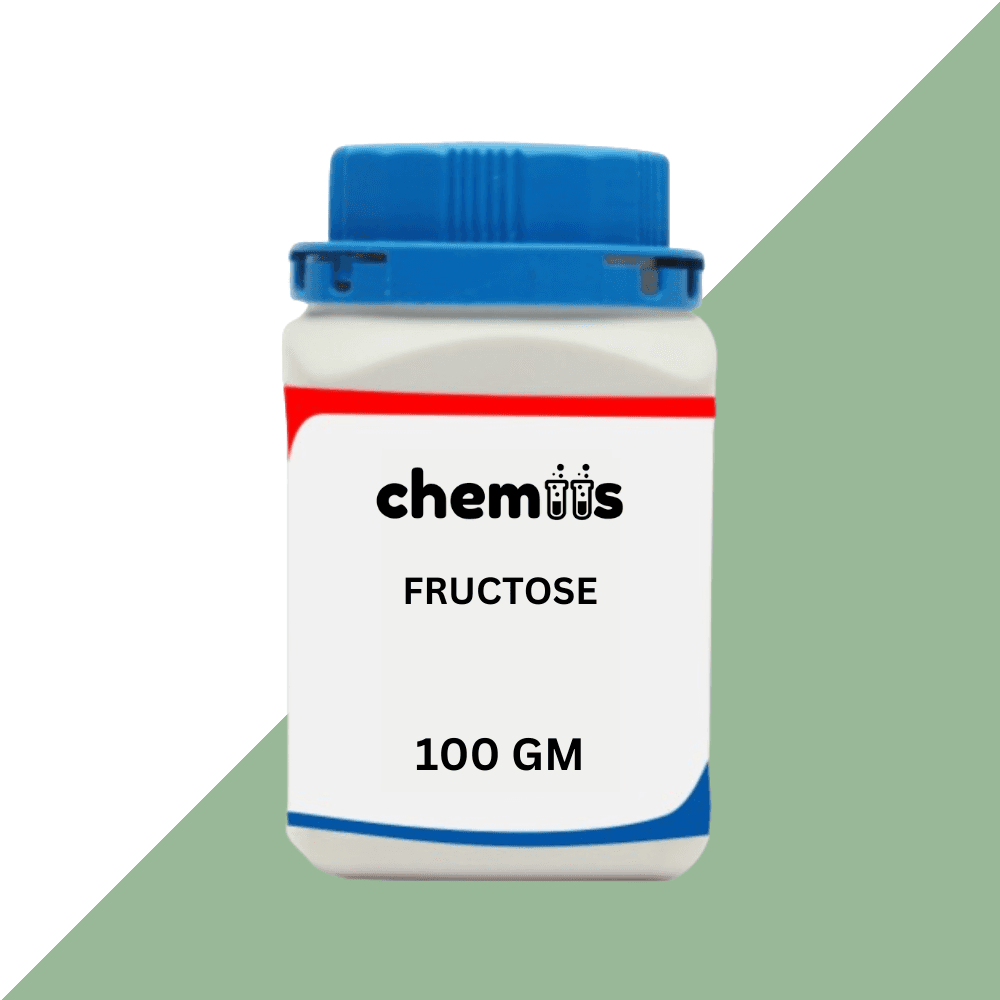
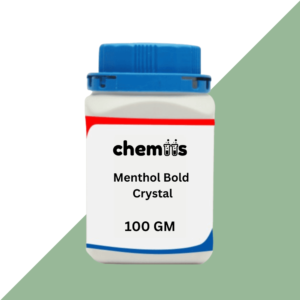
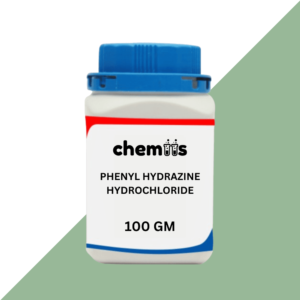


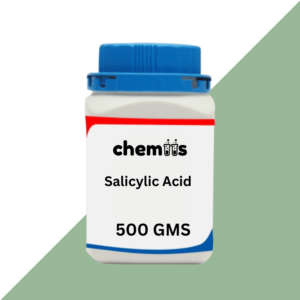
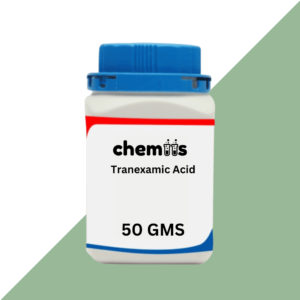
Vishal Yadav (verified owner) –
Very responsive team.
Nandini Kaul (verified owner) –
Great for lab use.
Bhavika Shah (verified owner) –
Highly reliable platform.
Ritesh Jain (verified owner) –
Received in good time.
Varun Raghavan (verified owner) –
Excellent service overall.
Karan Desai (verified owner) –
Five-star experience.
Gaurav Pandey (verified owner) –
Received in perfect condition.
Tanya Shetty (verified owner) –
Excellent packaging.
Akash Tripathi (verified owner) –
Highly reliable platform.
Dinesh Bhardwaj (verified owner) –
Items exactly as ordered.